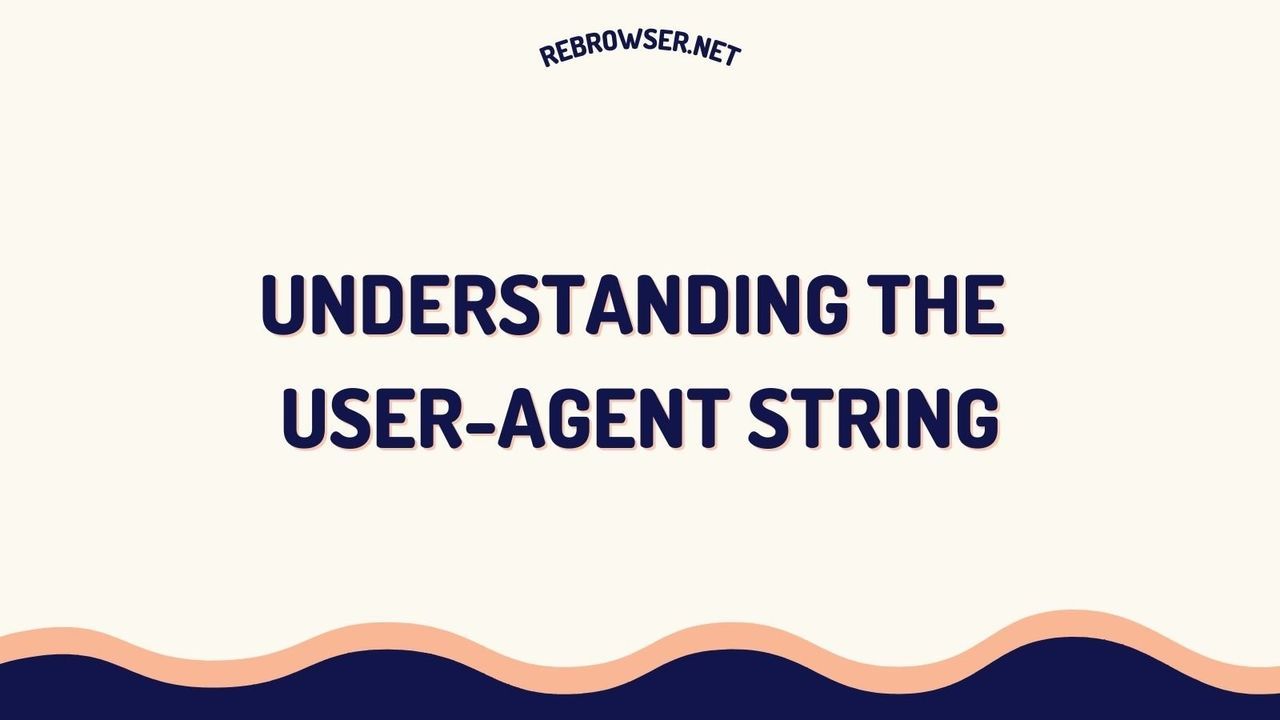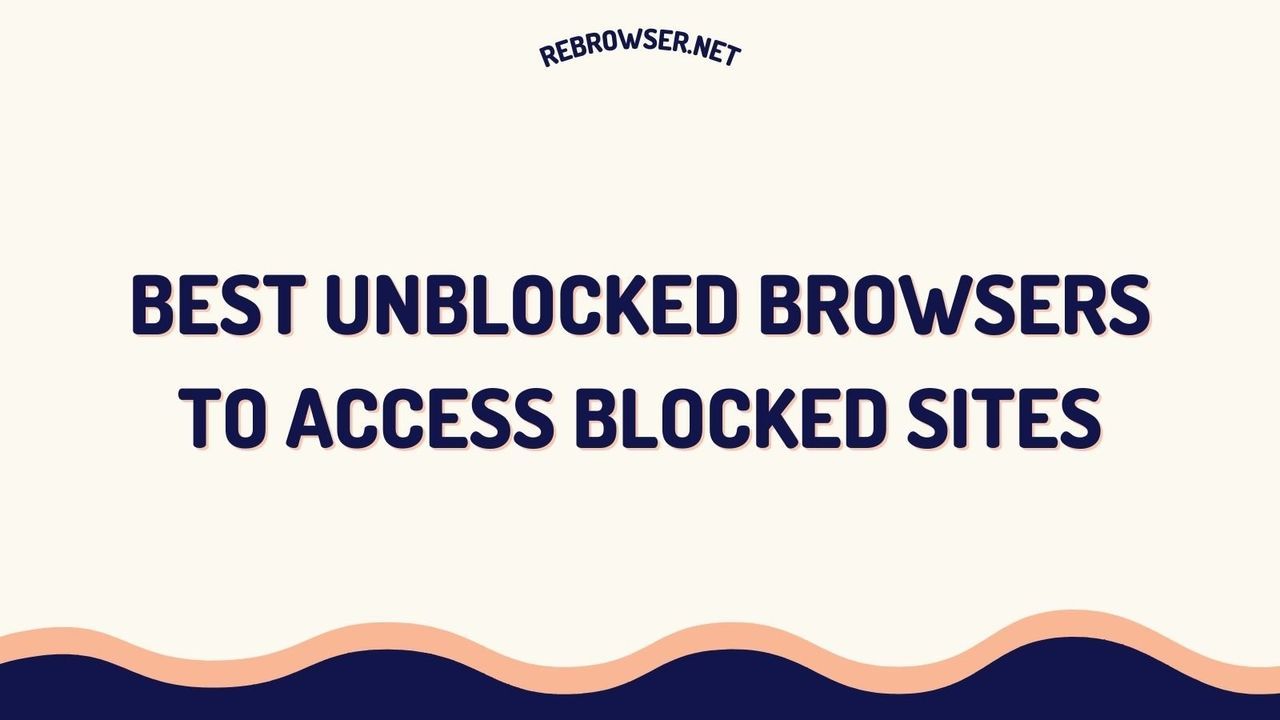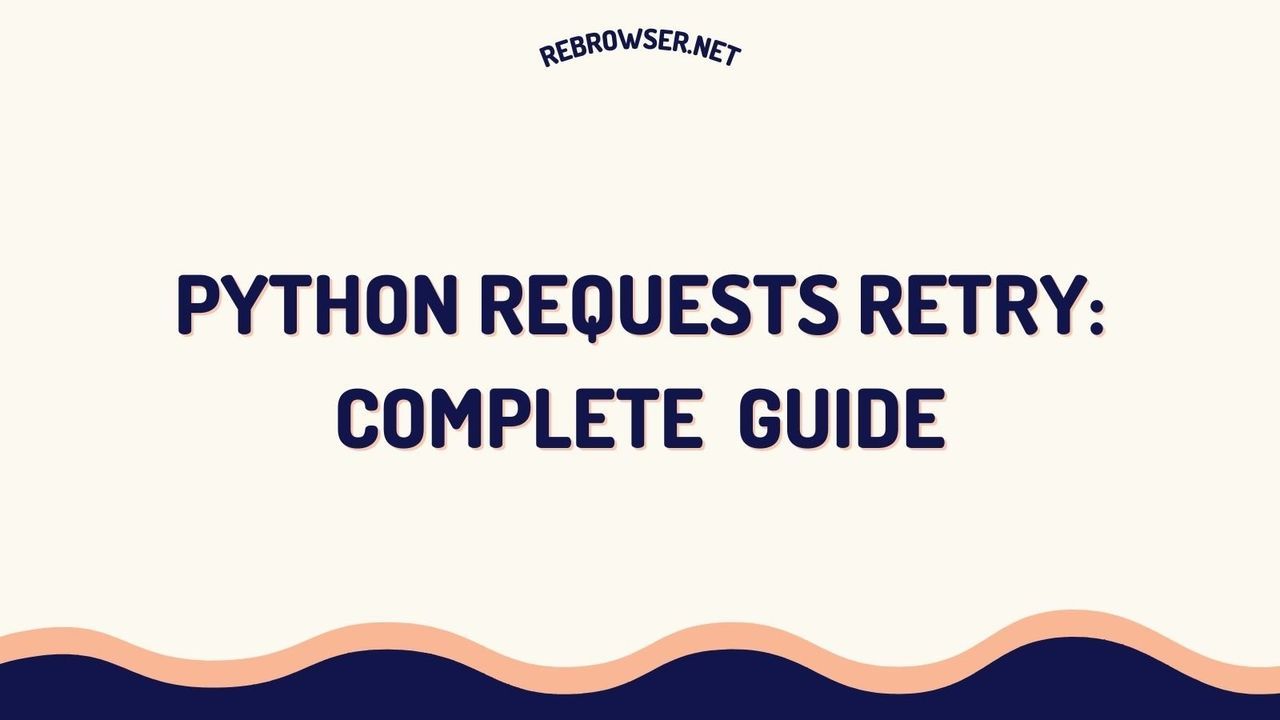Pay-Per-GB vs Pay-Per-IP: Choosing the Right Proxy Pricing Model for Your Needs
In the world of proxy services, choosing the right pricing model can make a significant difference in your overall costs and efficiency. Two popular options stand out: Pay-Per-GB and Pay-Per-IP. But which one is right for you? This comprehensive guide will help you understand the nuances of each model and make an informed decision based on your specific needs.

TLDR: Key Takeaways
- Pay-Per-GB is ideal for data-intensive tasks like web scraping, while Pay-Per-IP suits static IP needs such as account management.
- Your choice should depend on factors like data volume, usage patterns, and specific use cases.
- Optimizing your proxy usage can significantly reduce costs, regardless of the pricing model you choose.
Understanding Pay-Per-GB and Pay-Per-IP Models
Before diving into the specifics, let's clarify what these two pricing models entail:
Pay-Per-GB Model
In the Pay-Per-GB model, you're charged based on the amount of data transferred through the proxy servers. This model is particularly suitable for users who have fluctuating data needs or engage in data-intensive tasks. It's crucial to note that with Pay-Per-GB, you're only paying for the actual data you use, which can lead to cost savings for certain use cases.
Advantages of Pay-Per-GB:
- Flexibility for varying data usage
- Cost-effective for high-volume data transfers
- Suitable for intermittent or project-based needs
- Access to a larger pool of IP addresses
Disadvantages of Pay-Per-GB:
- Potentially unpredictable costs
- May be expensive for constant, low-volume usage
- Requires careful monitoring of data consumption
- Not ideal for tasks requiring a consistent IP address
Pay-Per-IP Model
The Pay-Per-IP model involves paying a fixed fee for a dedicated IP address or proxy port, typically on a monthly or yearly basis. This model provides a stable and predictable pricing structure, making it ideal for users who need consistent access to specific IP addresses.
Advantages of Pay-Per-IP:
- Predictable, fixed costs
- Dedicated IP addresses for consistent access
- Suitable for long-term, stable usage patterns
- Ideal for tasks requiring a static IP
Disadvantages of Pay-Per-IP:
- Potentially higher costs for low-volume users
- Limited flexibility in IP rotation
- May not be cost-effective for data-intensive tasks
- Unused IPs still incur costs
Factors to Consider When Choosing a Proxy Pricing Model
Selecting the right pricing model depends on various factors. Here are some key considerations to help you make an informed decision:
1. Data Volume and Usage Patterns
Analyze your typical data consumption and usage patterns. If you regularly transfer large amounts of data or have fluctuating needs, Pay-Per-GB might be more suitable. For consistent, low-volume usage, Pay-Per-IP could be more cost-effective.
2. Specific Use Cases
Different tasks require different proxy setups. Consider these examples:
| Use Case | Recommended Model | Reason |
|---|---|---|
| Web Scraping | Pay-Per-GB | High data volume, need for IP rotation |
| Social Media Management | Pay-Per-IP | Consistent IP needed for account stability |
| SEO Monitoring | Pay-Per-GB | Varied data needs, multiple locations |
| E-commerce | Pay-Per-IP | Stable IPs for reliable transactions |
3. Budget Constraints
Consider your budget and how it aligns with your proxy needs. While Pay-Per-GB can offer savings for high-volume users, Pay-Per-IP provides more predictable expenses for those with fixed budgets.
4. Scalability Requirements
Think about your future needs. If you anticipate growth or fluctuating requirements, Pay-Per-GB offers more flexibility. For stable, long-term needs, Pay-Per-IP might be more suitable.

Maximizing Value: Tips for Cost-Effective Proxy Usage
Regardless of the pricing model you choose, optimizing your proxy usage can lead to significant cost savings. Here are some strategies to maximize value:
1. Implement Efficient Data Management
For Pay-Per-GB users, efficient data management is crucial. Consider these techniques:
- Compress data when possible
- Use caching to reduce redundant requests
- Implement selective scraping to target only necessary data
- Optimize your code to minimize unnecessary API calls
2. Monitor and Analyze Usage
Regularly review your proxy usage to identify patterns and opportunities for optimization. Many proxy providers offer analytics tools to help you track your consumption.
3. Choose the Right Proxy Type
Different proxy types (e.g., residential, datacenter, mobile) have varying costs and benefits. Selecting the appropriate type for your use case can significantly impact your overall costs and success rates.
4. Leverage Rotation Strategies
For Pay-Per-IP users, implementing effective IP rotation strategies can help you maximize the value of your proxies while minimizing the risk of IP bans.
The Importance of High-Quality Proxies
Regardless of the pricing model you choose, the quality of your proxies plays a crucial role in your success. High-quality proxies offer several advantages:
- Better success rates for web scraping and data collection
- Reduced risk of IP bans and CAPTCHAs
- Faster and more reliable connections
- Enhanced anonymity and security
When selecting a proxy provider, consider factors such as:
- Size and diversity of the IP pool
- Geographic coverage
- Connection speeds and uptime
- Customer support and documentation
- Additional features like API access and rotation tools
Pay-Per-GB vs Pay-Per-IP: Making the Final Decision
Choosing between Pay-Per-GB and Pay-Per-IP ultimately depends on your specific needs, budget, and use case. Here's a quick reference to help you decide:
Choose Pay-Per-GB if:
- You have fluctuating or unpredictable data needs
- You're engaged in data-intensive tasks like web scraping
- You require frequent IP rotations
- You want flexibility in scaling your proxy usage
Choose Pay-Per-IP if:
- You need consistent access to specific IP addresses
- You have stable, long-term proxy requirements
- You're managing accounts or services that benefit from static IPs
- You prefer predictable, fixed costs
Remember, some providers offer hybrid models or customizable plans that combine elements of both Pay-Per-GB and Pay-Per-IP. Don't hesitate to reach out to proxy providers to discuss your specific needs and explore tailored solutions.
Conclusion: Balancing Cost and Functionality in Proxy Usage
Navigating the world of proxy pricing models can be challenging, but understanding the nuances of Pay-Per-GB and Pay-Per-IP options empowers you to make an informed decision. By carefully considering your data needs, usage patterns, and specific use cases, you can select the model that offers the best balance of cost-effectiveness and functionality for your proxy requirements.
Remember that the landscape of proxy services is constantly evolving. Stay informed about new pricing models, features, and best practices in the industry. Regularly reassess your proxy usage and needs to ensure you're always getting the best value for your investment.
Ultimately, the right choice between Pay-Per-GB and Pay-Per-IP will depend on your unique circumstances. By applying the insights and strategies discussed in this guide, you'll be well-equipped to optimize your proxy usage, minimize costs, and achieve your online objectives efficiently and effectively.
Frequently Asked Questions
What's the main difference between Pay-Per-GB and Pay-Per-IP pricing models?
Pay-Per-GB charges based on the amount of data transferred, while Pay-Per-IP charges a fixed fee for dedicated IP addresses. Pay-Per-GB is more flexible for varying data needs, while Pay-Per-IP offers predictable costs for consistent usage.
Which pricing model is best for web scraping?
Pay-Per-GB is typically better for web scraping. It allows for high-volume data transfer and frequent IP rotations, which are crucial for successful scraping operations.
Can I switch between Pay-Per-GB and Pay-Per-IP models?
Many proxy providers allow switching between models, but it depends on their specific policies. It's best to check with your provider about their flexibility in changing plans.
How can I reduce costs with my chosen pricing model?
To reduce costs, optimize data usage, implement efficient scraping techniques, and regularly monitor your proxy consumption. For Pay-Per-IP, ensure you're fully utilizing your allocated IPs.
Are there any hybrid pricing models available?
Some providers offer hybrid models that combine elements of both Pay-Per-GB and Pay-Per-IP. These can be ideal for users with diverse needs or those seeking more flexibility in their proxy usage.





